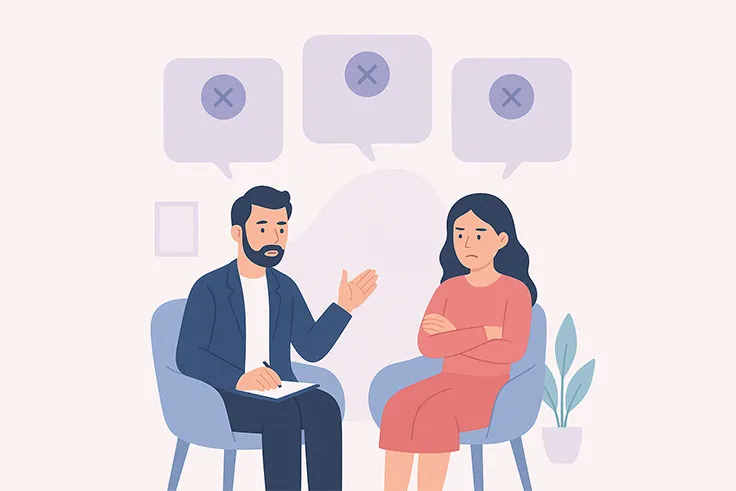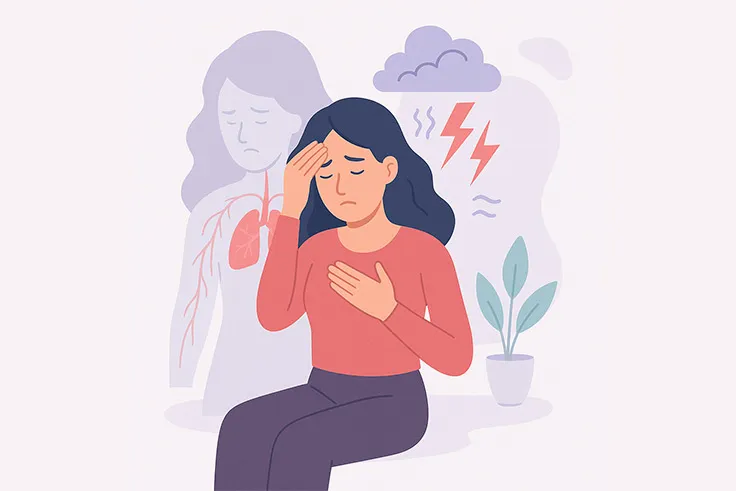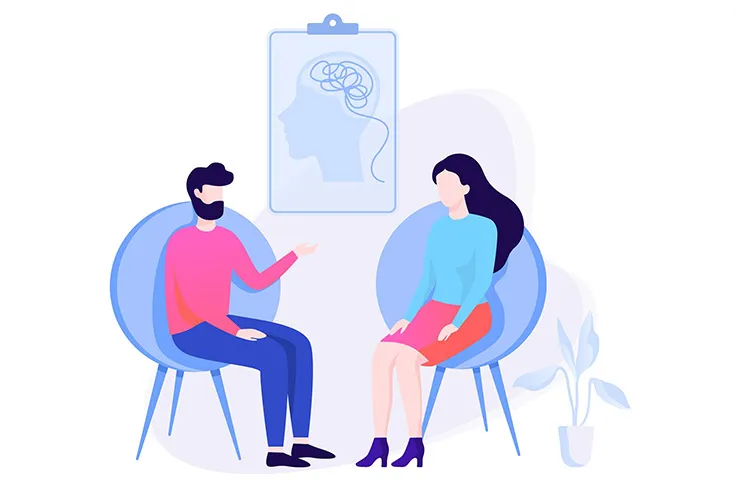
Bullying
Bullying is when a person or a group of persons repeatedly try to cause distress or anguish in another person’s life through intentional and hurtful actions. Being bullied can invoke feelings of helplessness, humiliation, depression, and may have a long-lasting impact on a child’s life. It usually occurs due to a power imbalance in which a person assumes power over someone weaker, younger or more vulnerable than the bully, and tries to dominate them into doing something they do not want to. It can include physically attacking someone, scaring them with threats, spreading rumors about them, and verbally insulting them repeatedly. Most bullying instances occur in school, but it can take place anywhere – from your sports team meetings to dance classes.
Bullying in Singapore
According to a survey conducted by the Singapore Children’s Society, one in every five primary school students surveyed had been a victim of bullying. Name-calling was seen to be the most prevalent form. In data presented by the Programme of International Student Assessment, it was found that more than one of every four 15-year-old students in Singapore schools are bullied a few times in a month.
Types of bullying
A few different types of bullying are:
Verbal Bullying
Verbal bullying refers to intentionally hurting another person by making mean, hurtful comments about them, which makes the victim feel unhappy with themselves. This can include the following :
Name-calling: Children may often tease one another with insulting names or labels to humiliate them. When it becomes persistent, name-calling may affect the well being of the victim and also impact their own identity as they start to doubt themselves.
Insulting: Bullies make remarks that are demeaning and cause anguish for the victim. They verbally abuse them, which has a direct bearing on their mental health. These insults can have a long-lasting impact on the self-esteem of the victim.
Physical Bullying
Physical bullying is one of the most popular forms of bullying. This occurs when perpetrators use physical force to show dominance over their targets. It includes causing physical harm to a person by engaging in fights with them, taking their things and breaking them, hitting or punching them without cause, trying to harass them through pushes and physical nudges, etc.
Cyberbullying
When a person uses the internet or technology to insult, threaten, or embarrass another person with an intention to demean or hurt their self-esteem, it is referred to as cyberbullying. This has become a growing issue among teenagers. It involves posting hurtful things about someone on social media, sending demeaning messages, publishing a photo or a video without taking permission, and even threatening someone.
Any sort of bullying can adversely impact the victim’s mental health and lower their self-esteem. Victims may also experience negative social, emotional and academic issues which can lead to self-doubt, well into their adulthood.
Causes of bullying
To fully understand the meaning of bullying, it is important to first note the factors that make a bully. Bullies attack weaknesses – it is the only way they know to get what they want. They don’t realize that their attacks can be wrong and hurtful. This might have to do with them lacking empathy, needing attention, or simply wanting to control others’ lives. It may also take place when they are themselves being bullied by someone else and thus, look for gaining dominance over someone else’s life so that they can displace their feelings of helplessness. One of the primary reasons for bullying is power dynamics. The bully wants to assert their power to subjugate the victim. Generally, the bully asserts their power through repetition, which creates fear in the victim. Bullies can also be people in an influential position, especially in certain aspects, where they can abuse their power or influence to harm the victim.
How to stop bullying and deal with a bully?
Those who bully can only be as powerful as we let them be. If you’re getting bullied, the following steps can be helpful for you:
Let someone know:
Effects of bullying can directly impact your mental health and lead to you feeling dejected. It is essential that you contact the people you trust and let them know about the problems you are facing. They can empower you to face your bully and stand up to them.
Be confident:
When you’re confident with your own self, no matter what the other person says, it will not affect you. Bullies tend to dominate those they think are ‘supposedly’ weaker than them, making it justifiable for them to control your lives. So stand up tall and do not let them affect how you feel about yourself.
Never respond:
Do not engage in harmful or demeaning conversations with the bully. Hitting them back or insulting them in return would do more harm than good. They feed on your fear and insecurities, as it makes them feel powerful. They do not want to engage in effective communication and would see this as an opportunity to hurt and dominate you even more.
Creating a circle of care is essential in schools in which everybody can talk about their feelings without being judged. Bullies are often those who have been bullied themselves. So, as important as it is for the victim to seek help, it is also necessary for the bullies to seek help and make sense of their feelings.
Tips for parents if their child is getting bullied at school
It is essential for the parents to sit down with their child and engage in a dialogue with them if they observe warning signs of them getting bullied or get to know about it. Here are some tips you can follow while dealing with your child :
Stay calm:
Remaining calm is imperative as you getting angry or upset might make your child regret sharing the incident with you or feeling that it’s their fault.
Communicate:
Your first response should be to calm your child down, make them feel safe, and ask them to tell you about how they feel. Children tend to feel ashamed or embarrassed as they think they’re getting bullied because they are wrong or weak. Understand them with compassion and let them know that it is not their fault, and they are not the ones who should be ashamed. Take steps to communicate effectively what is meant by bullying and what steps they can take to ensure that it doesn’t happen again.
Seek help:
Bullying at times can leave a deep, scarring impact on a child’s life. It becomes tough to make sense of a child’s feelings, and bullying can lead to mental health problems such as depression. It can also have a long-lasting impact on the future of your child. Therefore, you must reach out and seek help from someone who can assist in making them feel better.
Frequently Asked Questions on Bullying:
Q. What are the signs of being bullied?
There are certain signs which might indicate that your child is being bullied. Not wanting to go to school, feeling unhappy, having low self-esteem, being physically hurt (indicated by body marks), and being anxious are some of the signs that a victim of bullying often displays.
Q.Why am I being bullied?
Bullies do not need a reason to bully anybody. They try to dominate and control other people’s lives. If someone bullies you, it is not your fault, and you should not blame yourself.
Q. What can I do if I notice someone getting bullied?
Talk to the victim and let them know that they can trust you and share their feelings with you. You can also seek help from adults or counsellors who will be able to handle the situation with maturity and expertise.
Q. When should I seek counselling for bullying?
If you have been bullied and have not fully recovered from it, you should seek counselling. Your counsellor can help you make sense of your feelings and help you come out of it stronger.
Submit a Comment
Your email address will not be published. Required fields are marked *
Related reading
What Not to Expect from Therapy: Dispelling Common Misconceptions
24 April, 2025
You finally booked your first therapy session, nerves and hope swirling inside you. Maybe you’ve heard that therapy can work wonders – and it can. In f...
It’s Not Just in Your Head: How Trauma Affects Your Body and How You Can Heal
23 April, 2025
Have you ever noticed aches, fatigue, or tension in your body after a stressful or traumatic experience? If so, you’re not alone. When we think of trauma...
How to Prepare for Your First Therapy Session: A Beginner’s Guide
5 March, 2025
Choosing to begin therapy is a courageous and empowering decision. It signifies your willingness to invest in your mental and emotional well being, it’s ...





